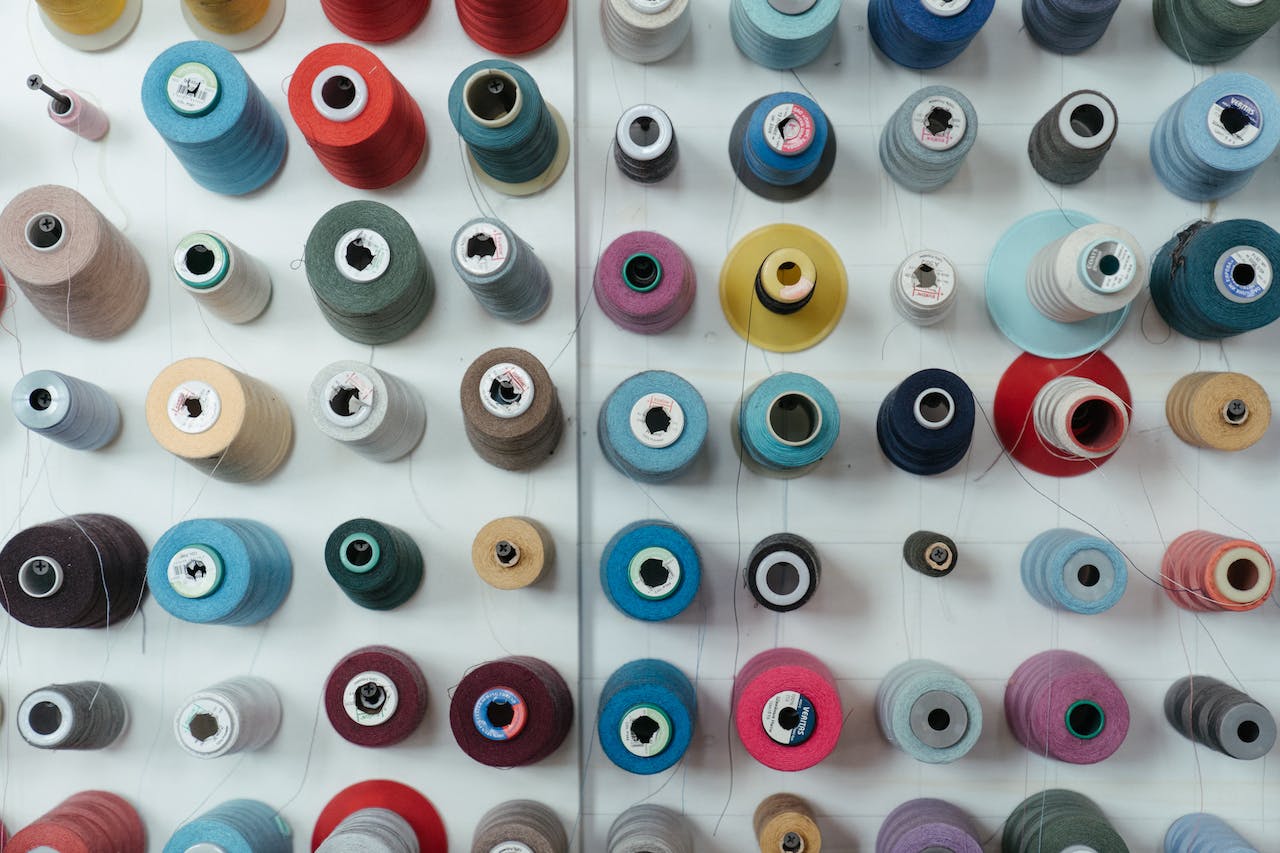

Embarking on a new sewing project comes with a series of decisions, from fabric selection to the pattern to follow. However, one of the most critical choices often overlooked is the type of sewing thread. The durability of your finished piece largely depends on the strength of the thread you use. It’s the core that holds the fabric pieces together, which is why selecting the strongest sewing thread is pivotal for projects that last.
When choosing a sewing thread with resilience in mind, it’s crucial to consider its material composition. Sewing threads come in various fibers, such as cotton, polyester, nylon, and silk. If your project demands a thread that can withstand substantial stress, synthetic options like polyester or nylon are typically superior. Their synthetic makeup renders them more resistant to snapping under strain, unlike natural fibers such as cotton, which may weaken and wear down with continuous stress or repeated laundering.
Thread weight indicates the thickness of the thread, and it can have a significant impact on its strength. A lower thread weight number means a thicker thread, which is generally stronger. For example, a 40-weight thread is finer and less durable than a 20-weight thread.
Tensile strength is the maximum stress a sewing thread can withstand while being stretched before it breaks. Threads that have high tensile strength are more durable and suitable for heavy-duty projects. Many manufacturers provide information on the tensile strength of their threads; look for this information when purchasing or conduct a simple stress test by pulling on the thread to see how much force it can handle before snapping.
Another characteristic to consider is the thread’s abrasion resistance. This is particularly important for items that will undergo a lot of wear and tear, such as upholstery, outdoor gear, and work clothes. A thread that resists abrasion will not wear out quickly when rubbed against other materials or surfaces. Polyester threads often have excellent abrasion resistance, making them a prime choice for projects that demand endurance.
The strongest sewing thread should also maintain its integrity in color and size. Colorfastness ensures that the thread won’t bleed its color onto the fabric when washed. Additionally, it should have minimal shrinkage to prevent puckering or warping of the seams after laundering.
The key to selecting the strongest sewing thread lies in understanding thread composition, weight, ply, tensile strength, and abrasion resistance. Synthetic threads like polyester and nylon typically offer the best combination of these characteristics for durability. Be sure to consider the specific demands of your project; for example, if you’re working on an outdoor tent, focus on a thread that can withstand environmental stresses. For a heavy canvas tote bag, look for a heavy-weight, multi-ply thread. With the right sewing thread, your projects will not only look professional but will also stand the test of time, remaining sturdy and intact through use and wear. Remember, the strength of your sewing thread is the backbone of your craftsmanship—choose wisely for projects that last.